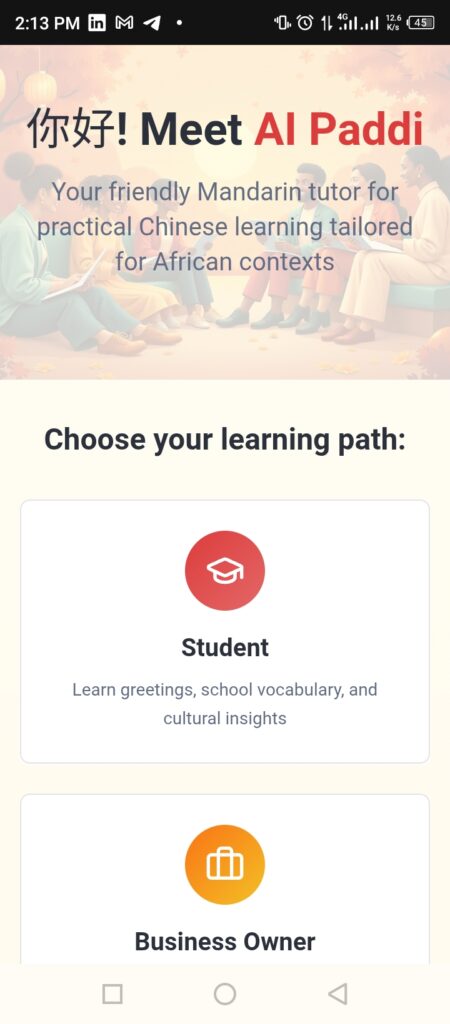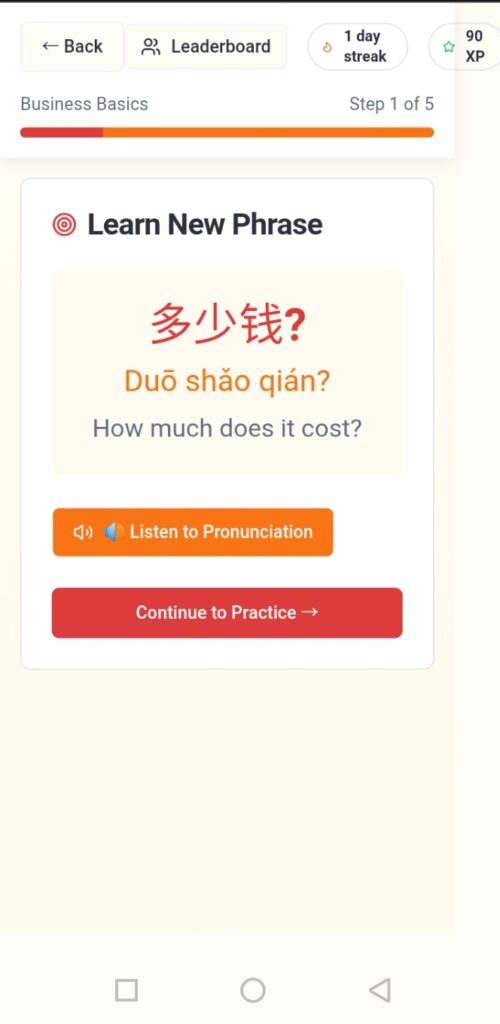Nigeria’s classrooms are standing at a crossroads. For decades, the secondary school curriculum has relied on traditional subjects, with few major updates to reflect global shifts. Now, with Chinese entering the conversation, education leaders are asking: Is this really necessary?
Why Chinese Matters Beyond Words
The truth is, teaching Chinese is not simply about adding one more subject. It’s about preparing the next generation for a future shaped by trade, technology, and artificial intelligence (AI).
Trade & Economy
China is Nigeria’s largest trading partner. From construction projects in Abuja to manufacturing hubs in Lagos and Kano, Chinese firms are embedded in the economy. Yet, very few Nigerian professionals can communicate fluently in Mandarin.
Students who learn Chinese today are better positioned for scholarships, internships, and jobs in companies that drive Nigeria’s infrastructure and technology development. In many cases, the difference between a candidate who speaks only English and one who also speaks Mandarin could be the difference between employment and missed opportunities.
It’s not only about trade. Careers in diplomacy, engineering, medicine, and even creative industries increasingly require international collaboration. Knowing Chinese gives Nigerian students an edge – whether they are negotiating a contract, working in research labs, or building startups that want to access the Asian market.
The Future of Work & AI Connection
Chinese in Tech & AI Careers
Artificial intelligence is built on collaboration across languages, datasets, and cultural contexts. China is a global leader in AI research, with institutions that Nigerian universities and companies will increasingly partner with. For a Nigerian student interested in AI or robotics, being able to read research papers or interact with Chinese peers is a huge advantage.
From Language to Digital Fluency
The real power comes when Mandarin is taught alongside digital literacy. Imagine a secondary school graduate in Enugu who can both code and hold a conversation in Mandarin. That combination makes them globally competitive – whether in tech hubs in Lagos, Beijing, or Silicon Valley.
Classroom & Policy Realities
Curriculum Reforms
Nigeria has long debated which foreign languages should dominate classrooms. French has been a staple, while Arabic is taught in many schools. Mandarin does not replace these languages but adds a forward-looking option that reflects Nigeria’s economic partnerships and global positioning.
Teacher Preparedness
One of the biggest challenges will be the shortage of qualified Mandarin teachers. Currently, only a handful of universities and cultural centers provide this training. Without support, scaling Chinese education nationwide will be nearly impossible.
This is where AI and digital tools become critical. Instead of waiting for thousands of teachers to be trained, Nigerian schools can begin with hybrid models: teacher-led classes supported by AI tutors that practice pronunciation, grammar, and conversation with students.
The Role of Technology in Scaling Mandarin Education
AI Tutors & Chatbots

AI-driven tutors are not just futuristic concepts. They already exist, and they help students practice speaking, listening, and writing at their own pace. With an AI Mandarin tutor, a student in Maiduguri can learn the same quality content as one in Lagos, breaking down barriers of geography and access.
At AI Paddi, we have already built an early Mandarin Tutor MVP to test this approach. It is a web-based application that helps students practice basic Mandarin phrases and tones interactively. This is not meant to replace teachers but to support them – making the transition smoother and more scalable.

Call to Action: A Practical Next Step for Schools
For decision-makers in education, here are three ways to start:1. Pilot programs: Introduce Chinese clubs or electives in select schools before scaling nationwide.2. Leverage AI tools: Explore solutions like AI Mandarin tutors to close teacher gaps.3. Upskill teachers: Provide training pathways that combine human teaching with digital support.
By taking small, strategic steps, Nigerian schools can ensure that students don’t just memorize vocabulary – they prepare for global opportunities in trade, work, and technology.
Conclusion
Teaching Chinese in Nigerian secondary schools is not about adding a subject for exams. It’s about giving Nigerian students the keys to the global economy and the AI-driven future of work.
We’ve already built an early Mandarin Tutor platform to support this transition. If you’re an educator, innovator, or policymaker, join us in testing what the future of learning looks like.
FAQ
Q1: Why is Chinese being introduced in Nigerian schools?
Chinese is being introduced to prepare students for opportunities in trade, jobs, and technology, reflecting Nigeria’s growing ties with China.
Q2: How does learning Chinese help with jobs?
Mandarin speakers in Nigeria can access better opportunities in trade, diplomacy, STEM careers, and AI research partnerships.
Q3: Is Mandarin replacing French in Nigeria’s curriculum?
No. Mandarin complements French and Arabic, giving students additional options that match global economic realities.
Q4: Can AI tools support Chinese learning in schools?
Yes. AI tutors and chatbots can provide practice and feedback, especially where there are few qualified teachers.
Q5: What can Nigerian teachers do to prepare for Mandarin classes?
Teachers can join training programs, collaborate with cultural institutes, and use AI learning tools to support their students.